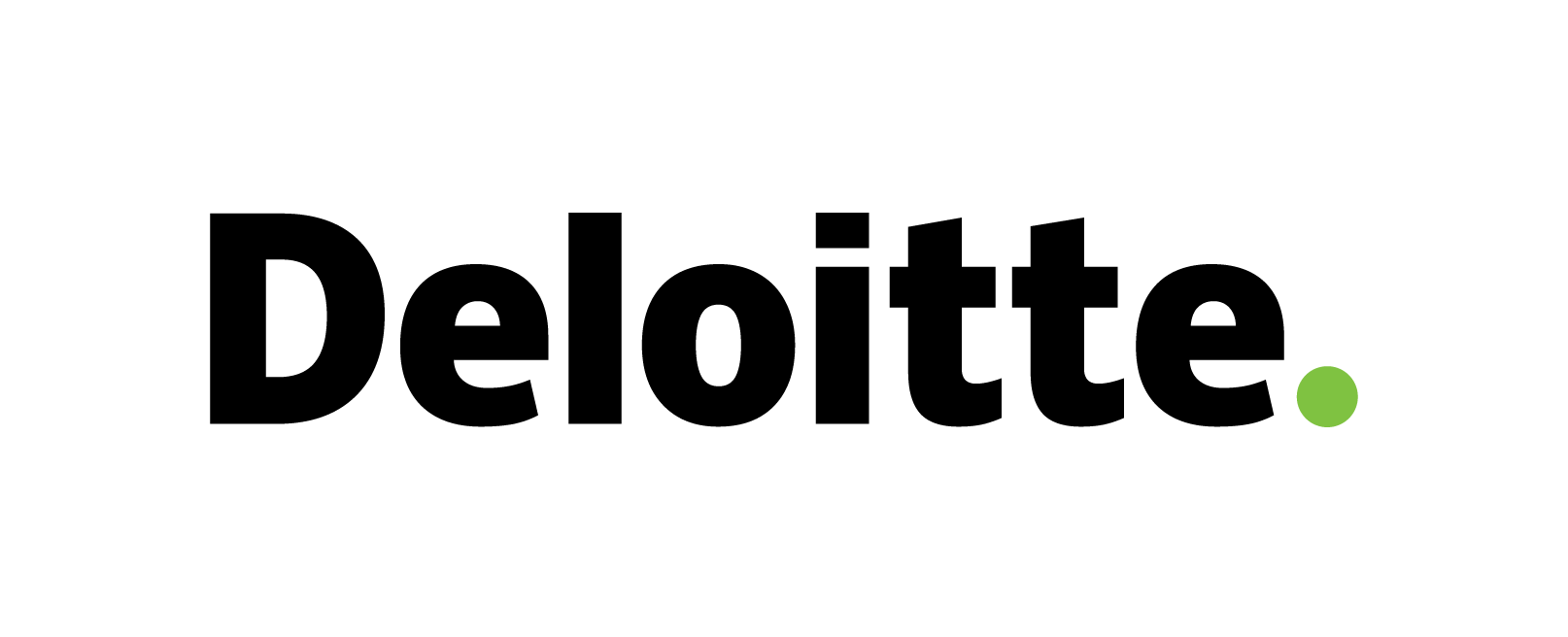Communication scientists Konijn and Hoorn have developed a care robot named Alice. Alice can help the elderly overcome loneliness and support them in becoming more independent. However, engaging in actual conversation with a robot is still science fiction since it’s difficult to program Alice in such a way that she really understands what a conversation is about if it is not carried out using a script.
Language is very social. People adapt language to suit their social relationships. That makes language more efficient and relationships more intimate. So a robot needs to know who is in front of it and how it should relate to this person. That is why Vossen, Professor of Computational Lexicology, is also involved in the further development of the care robot.
Vossen previously developed the software for the robot Leolani, which means ‘heavenly voice’ in Hawaiian. This software is programmed in such a way that it wants to learn about its conversation partner and the context in which a conversation takes place.
Perfecting the care robot has led to a new version: Alice 2.0. Alice 2.0 is equipped with a combination of its own software and Leolani’s. Through training, Vossen, Hoorn and Konijn hope that the conversations Alice has will get better over time.
For this research project, social sciences, linguistics and artificial intelligence join forces to improve language technology. The Alice 2.0 robot is currently being tested at the VU MediaLab and in various care centres.




